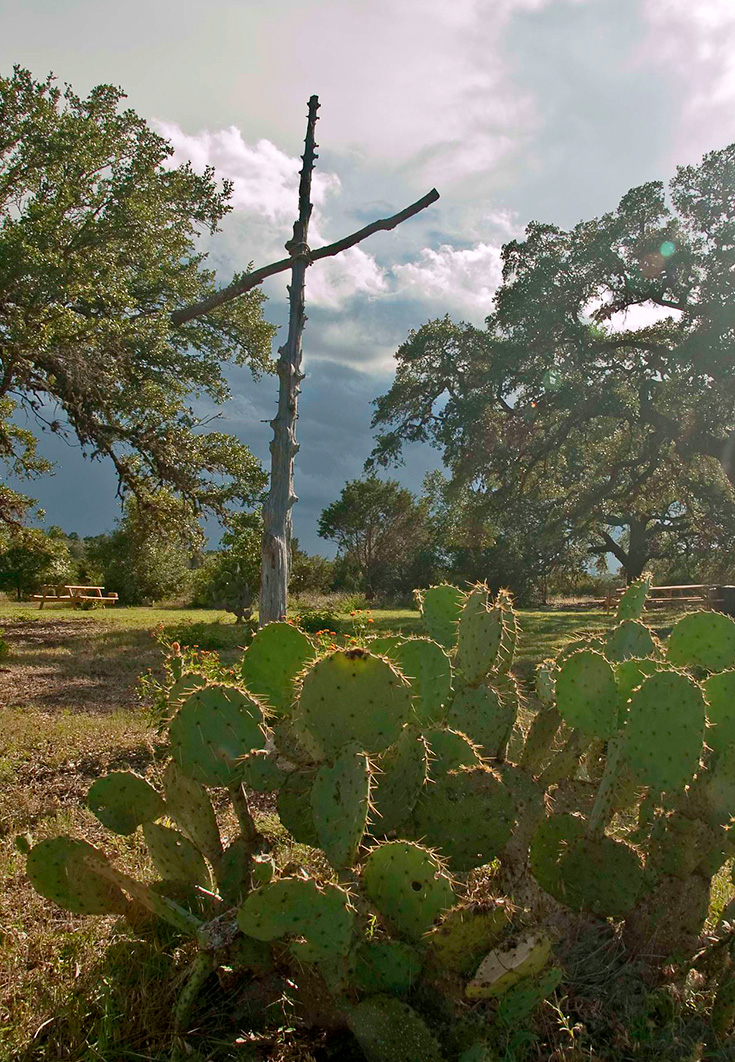In an attempt to diversify my iPod listening beyond choral music and George Winston, I recently searched through iTunes U recently to find interesting lectures (I am not ready to diversify as far as non-theology-nerds would expect of their playlists). Happily equipped with sermons and lectures from Duke, Emory, Wake Forest, and Yale, I set off on a business trip to Atlanta. As I boarded the train from the airport to my hotel, I hooked up my iPod and began listening to Peter Gomes preach on the occasion of Pentecost in Duke Chapel. Later in my journeys around Atlanta, I listened to sermons by Thomas Frank and Luke Timothy Johnson and a lecture by Bill Leonard.
As the MARTA trains wisked me around town, my earbuds in place, I watched the neighborhoods of Atlanta passing by. I passed several churches as I listened. I caught myself thinking "I bet they don't hear preaching like this. They should just play one of these recordings on Sunday morning."
I yanked off my earbuds and stopped my iPod.
Downloading sermons from the best preachers in America is exciting for the individual listener, but a daunting challenge for the ministers of those churches I saw passing by, not to mention all the rest of us. The easy availability of this “great” content exposes a problem.
Church is about community, or even communion, with one another and with God. So what do we do with this digital content? On one hand, whether the content is a Sunday school lesson or a newsletter article or a sermon, it is supposed to convey the Word of God. In churches that value the broader communion, the Word should be communicated in ways that echo through the centuries and around the globe (though I do not mean to condone plagiarism; see Jason Byassee on this topic, working with Tom Long). On the other hand, when we write or speak or preach, we do so in a community. Doesn't the strength of our communities spring from shared experience and language? The Word proclaimed can't speak to communities with depth unless it is particular to the hearers.
Content is also stronger when it comes from the heart of the author. The best moments in my own few dozen sermons are those when I managed to tell a story that only I could tell based on my uncommon travels, educational background, or a minor catastrophe caused by my merciless sarcasm. Frederick Buechner speaks of his own approach to preaching in moving terms in his "The Sacred Journey": “My assumption is that the story of any one of us is, in some measure, the story of us all.” My story, when told well, feels familiar to my community. Conversely, if the story isn't deeply and thoroughly mine, then it has little chance of finding a way into the hearts of the people listening with me.
And yet we certainly cannot ignore the rich resources of content available to us from the finest preachers and writers in our traditions. Those resources call us to redefine what we think of as quality content and what we expect of preachers and teachers. At a minimum, church leaders have no excuse for failing to familiarize ourselves with the best resources available and to let them shape and improve our own work. It has simply become too easy to challenge ourselves and grow by seeking out the work of virtual mentors. At a deeper level, how does each of us create content that is shaped by the peculiarity of our communities while informed by the tradition of our communions? How do we imprint our own voices in a way that makes our content better for the life of our churches than a sermon downloaded from the best preacher or a lecture from a classroom at Yale or Oxford?
Churches and denominational structures have often treated technology as a matter of choice, but with the broad availability of things as crucial to community and as dynamic as video or audio sermons and prayers, the issue has become one of theological import, not merely stylistic preference. When congregation members start pulling out their earbuds to listen to Will Willimon's latest podcast during your sermon, it might be too late to start the conversation.













